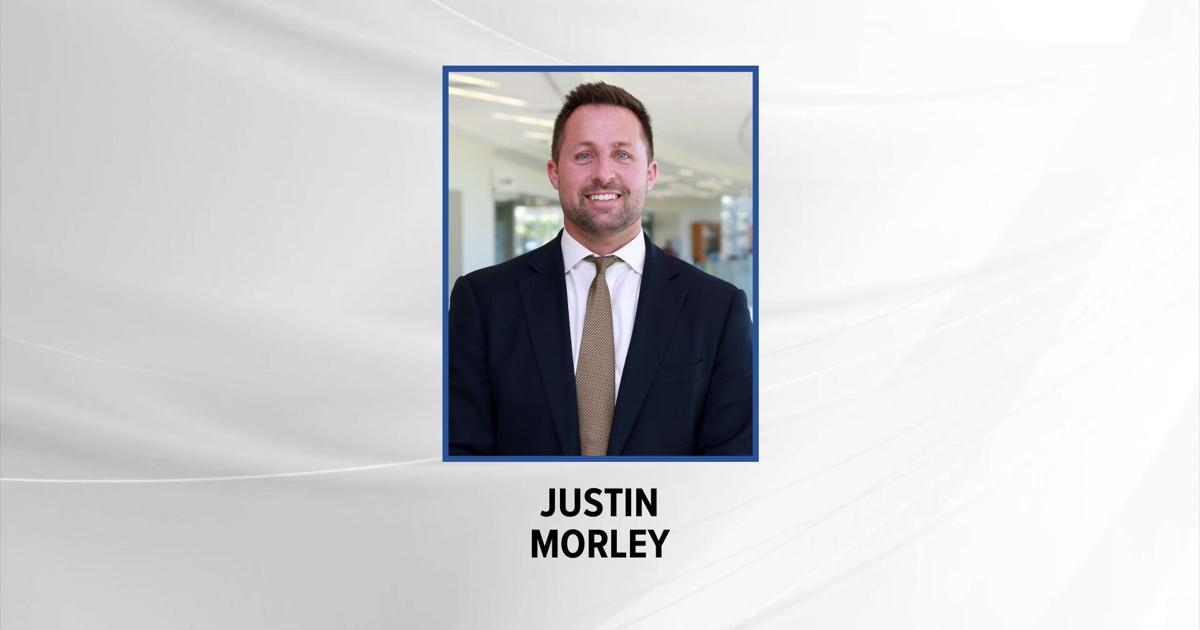- Fri. Apr 26th, 2024
Latest Post
Is surgery necessary for thyroid cancer?
Thyroid cancer is a condition where abnormal thyroid cells form tumors and can spread to other parts of the body such as lymph nodes, lungs, and brain. It is more…
Largest animal bridge in the world
In Los Angeles County, a 64-meter-long bridge is set to be completed in 2025, spanning an eight-lane highway. This ambitious project aims to address the issue of animal-human conflict, with…
During the spring long weekends, over 17 million travelers chose Trenitalia
More than 17 million people are expected to travel with Trenitalia during the spring long weekends connected to the holidays of April 25th and May 1st. Nearly half of these…
SSM Health appoints Vice President of Operations in Mid-Missouri
SSM Health St. Mary’s Hospital-Jefferson City has announced that Justin Morley has been appointed as the new vice president of operations. Morley is taking over the position previously held by…
Five Reasons to Add Zucchini to Your Diet for Weight Loss and Heart Health
Zucchini offers a range of health benefits, including improving digestive processes, providing antioxidant properties, supporting heart health, and promoting eye health. The high dietary fiber content in zucchini aids in…
Uber Eats food delivery drivers to go on strike next week
Food deliverers who work for the Uber Eats platform are planning a strike on Tuesday and Wednesday, organized by the Brussels courier collective The House of Deliverers with the support…
New Trier’s Science Olympiad Team Secures State Title
New Trier High School claimed victory as the science olympiad state champions. The team secured the title on April 20, at the University of Illinois at Urbana-Champaign. This marks their…
Unveiling the Hidden Links: NASA and Elon Musk’s Solar System Network
In September 2025, the Artemis II Mission will take off, aiming to take the first woman to the Moon. By that date, it will be crucial to have the energy…
Local business files lawsuit against owners of Dali restaurant, alleging lost income due to bridge collapse
A new lawsuit has been filed against the owners and operators of the Dali ship, Grace Ocean Private Limited and Synergy Marine PTE, in connection to the Key Bridge collapse.…
Italy Takes Center Stage at the Spatial Computing Summit for Global Innovation
Fabio Santini, CEO of Hevolus, had the honor of representing Italy at the prestigious Spatial Computing Summit, showcasing not only his company’s innovative capabilities but also the value of Italian…




